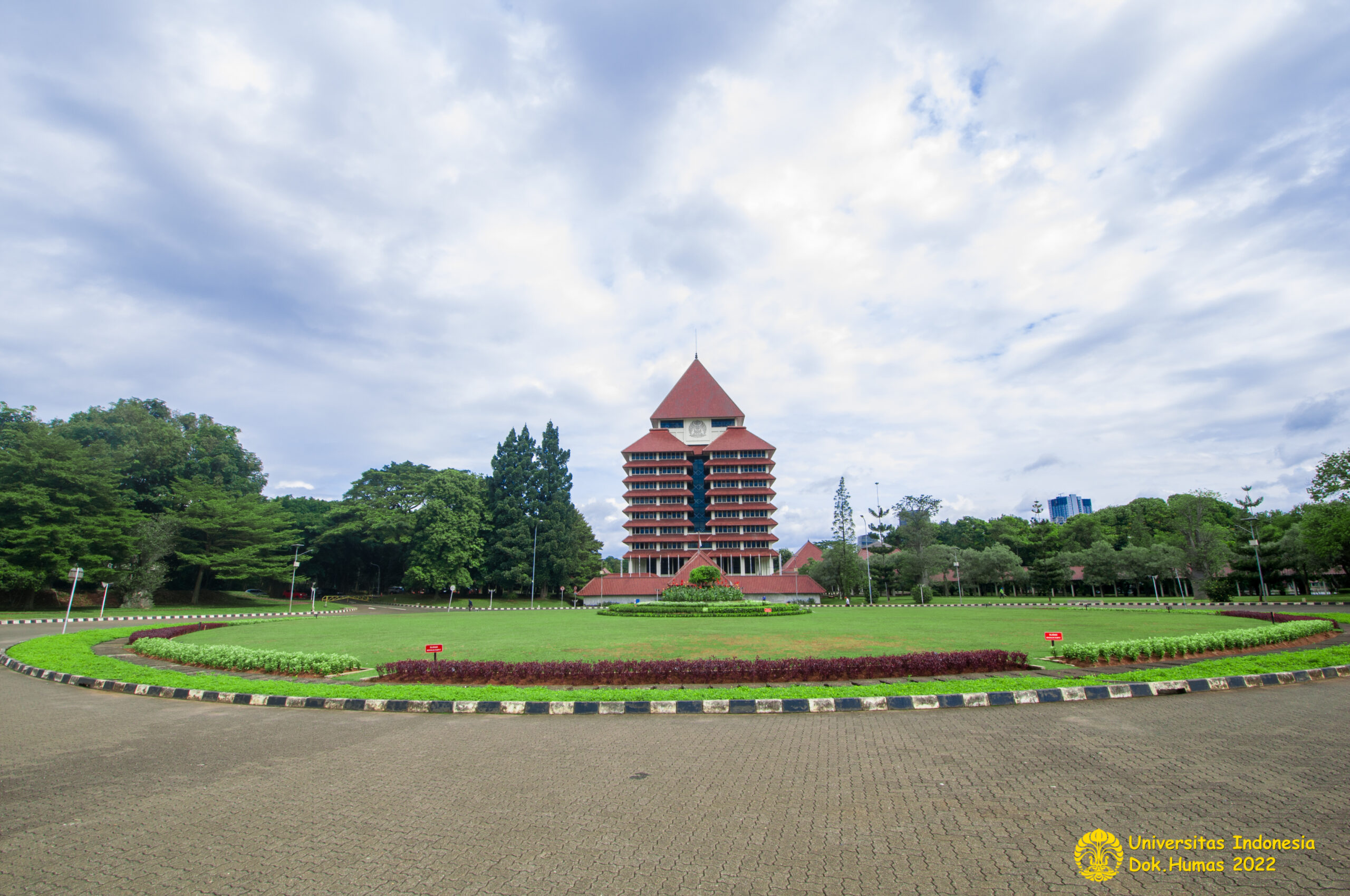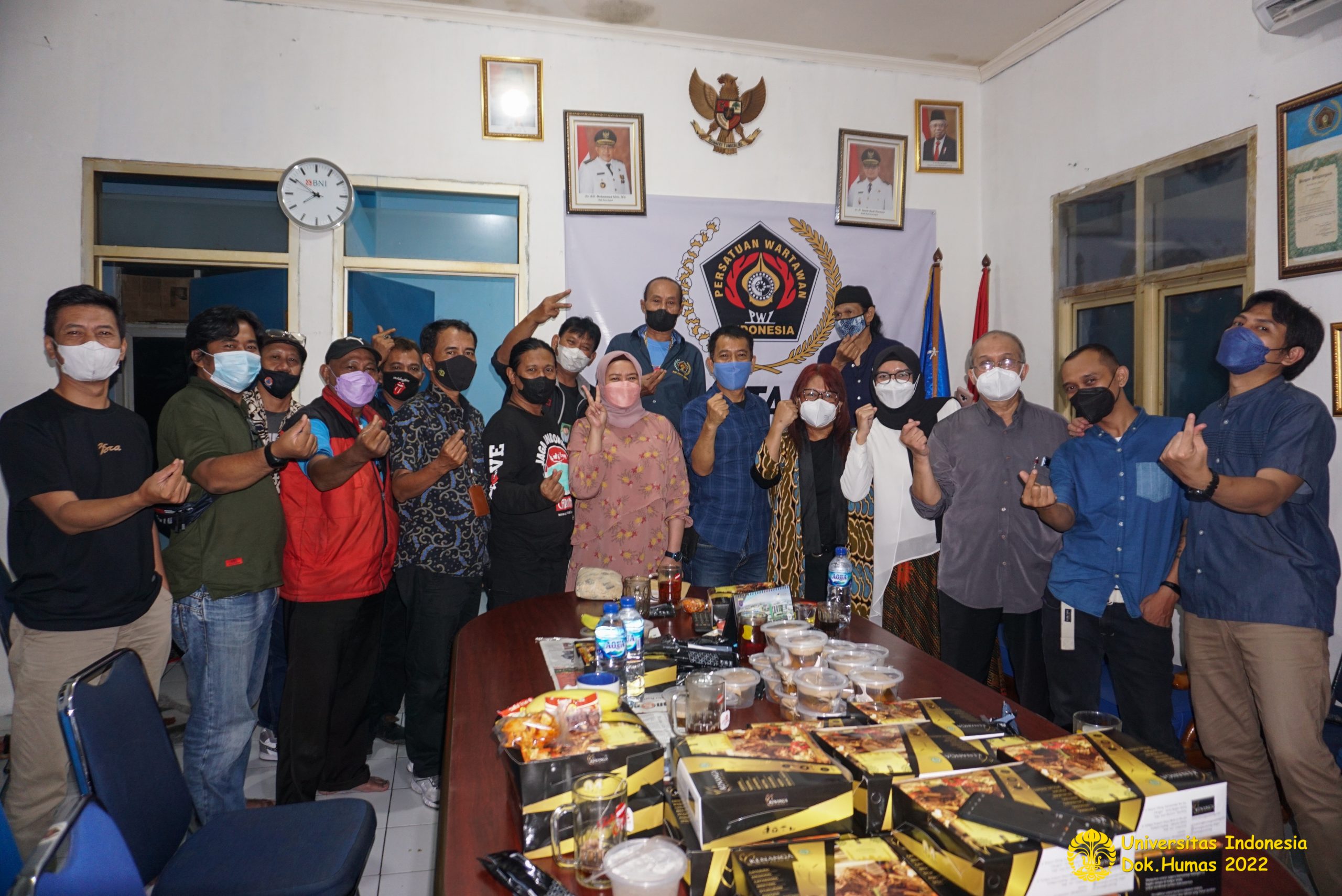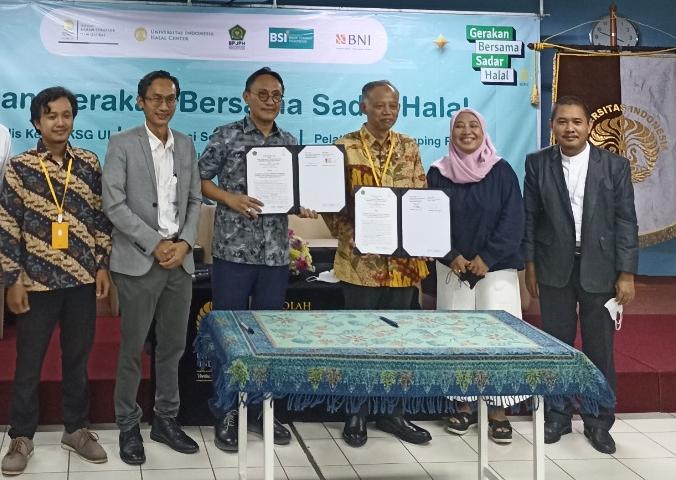Urban design in Indonesia has recently become a “hot topic” especially since the plan to relocate the National Capital City (NCC) has been discussed. Whereas urban design in the West and developed countries has either finished or entered a “twilight” era, in Indonesia it still shows enormous potential to transform the built environment. One of the triggers for the emergence of urban design as a professional field was the concern for the three-dimensional appearance of cities, which required an approach to bridge the gap between planning and architecture.
Although the practice of urban design now extends to medium and small cities, as a field of science, urban design is still not as mature as urban planning or other urban studies. This is because the field has such a wide scope, ranging from the highly mathematical approach of spatial analysis; the highly qualitative socio-cultural discourse of public space; to the interpretation of design quality or aesthetic values that always accompany urban design works, but are difficult to analyze objectively.
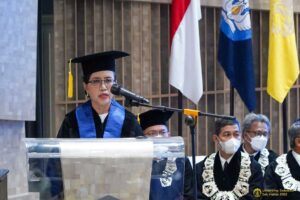
Prof. Ir. Evawani Ellisa, M.Eng., Ph.D. in his speech entitled “A Study of History, Context, and Culture in Urban Design Discourse: Reflection and Introspection” divided the manuscript into two parts. The first part contains a study of urban design in terms of history, context, and culture; which begins with a discussion about the birth of urban design by looking at cities in Europe and America. Then, it is continued with a study of the figure of a city designer who cannot be separated from the influence of political power and the neoliberal capitalism paradigm.
In the second part, the manuscript focuses on reflecting on the tragedy of urban life, namely the ups and downs experienced by major cities in the world, taking the case of the City of London. The discussion then continues by looking at cities in Indonesia, focusing on informal settlements, namely the resilience of urban villagers. Both the case of the City of London and the urban village each illustrate the action-reaction process that always follows each event. Finally, this manuscript also discusses the post-pandemic city discourse to invite readers to introspect and prepare for future challenges.
According to Prof. Evawani, Jakarta cannot escape the shackles of capitalist forces that have changed the socio-spatial face of the city, in the process of capital accumulation that is realized into new spaces. Quoting poet and author Seno Gumira Ajidarma, the term “Homo Jakartanensis” has been coined for residents who are described as people who come from the regions and try their luck in a city that looks magnificent from the outside but is fragile on the inside.
“How terrible it is to grow old with memories of (our) youth that contain only traffic jams, fear of arriving late for work, routine tasks that don’t inspire enthusiasm, and a life like a machine, which only ends in a meager pension.” (Cosmopolitan Fart, 2004:205).
Informal settlements are areas that develop without formal control from city authorities, coexisting with but not necessarily synonymous with illegal settlements, such as squatter and slum. UN-Habitat (2006) records show that more than 1 billion of the world’s population live in informal settlements and this is expected to increase to 1.4 billion by 2020. The spread and resilience of informal settlements, especially in the Global South, has been phenomenal despite the efforts of governments over the past 50 years to halt their growth.
Kampung Cikini RW (neighbourhood) 01, Pegangsaan Village is a residential enclave in the middle of Central Jakarta. This area was chosen as one of the laboratories for the urban design cluster at the Department of Architecture, Faculty of Engineering, Universitas Indonesia (FTUI) “From our 10 years of collaboration with the village, we have concluded two premises. First, community is a safety valve that keeps residents from falling into the pit of miserable metropolitan life. Second, the way to express feelings of happiness is very obvious in celebrations that involve outsiders and spontaneity is part of their strength,” Prof. Evawani.
In his speech, Prof. Evawani added that cities are an imperfect human works. They are between two pendulums; between rising and falling. Cities are an amplification of both humanity’s great successes and great failures. This manuscript is a series of fragments on the constantly transforming discourse of urban design. Therefore, humans and the built environment will continue to adapt without ever reaching completion.
An outward looking approach is necessary to understand the city holistically, while an inward looking approach encourages us to empathize with the city. These two approaches led the research to the conclusion that the temporality of the city is permanent. Turbulence from market pressures, pandemics, new technologies, social ills, disasters and a thousand other urban challenges will drive changes in urban governance and will continue to be a factor that urban design actors must be aware of.
After the speech, Prof. Evawani was officially inaugurated as a Permanent Professor of Urban Design Science, Faculty of Engineering, Universitas Indonesia. The inauguration was led by UI Rector, Prof. Ari Kuncoro, SE, MA, Ph.D., at the Makara Art Center and broadcast live virtually through the UI Teve Youtube channel.
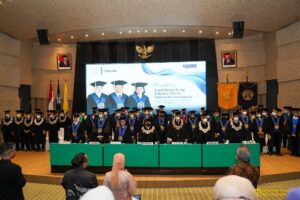
The event which was held on Saturday (15/10) was attended by guests, including Professor of Civil Engineering ITB (Institute Technology Bandung) and Chairman of the Association of Indonesian Construction Experts, Prof. Ir. Iswandi Imran MASc, Ph.D.; President Director of PT JOSO, Thoat Fauzi, IAI; Director of PT Pratama Daya Cahya Manunggal – Steel Bridge Design and Construction Consultant, Ir. Budi Santoso, M.T.; Deputy Director of the Jakarta State Polytechnic Academic Bid, Mrs. Nunung Martina, S.T., M.Sc.; Head of the PUPR Ministry’s Bridge Center, Pandji Krisna Wardana S.T., M.T.; President Director of PT Arkonin, Achmad Noerzaman; CEO of The Wisemen & Company, Jennifer Heryanto; representatives from PT Wiratman, Tantri Heryantina; and Associate Professor of Bioengineering, New York University, Dr.-Ing Azhar Zam, S.Si., M.Sc.
Prof. Evawani is a Lecturer at the Department of Architecture, FTUI. He graduated Engineer, Department of Architecture, Faculty of Engineering, Gadjah Mada University, in 1986; Master of Environmental Engineering, Graduate School of Environmental Engineering, Urban Planning Laboratory, Osaka University, 1994-1996, sponsored by Monbusho; and Doctor Philosophy of Environmental Engineering, Graduate School of Environmental Engineering, Urban Planning Laboratory, Osaka University, 1996-1999, sponsored by Monbusho.
Some of the latest scientific works published, among others, “Changes in the morphology of Pahandut Palangkaraya City as a Response to the Cultural Shift of Riverside Communities: International Indexed Publication Program Postgraduate 2022”, “Smart and Green City: Utopia/Dystopia? Indonesian Millennial Perspectives on the Migration of IKN Nusantara: International Indexed Publication Program Postgraduate 2022”, “Behind Covid-19: Exploration of the Architecture of the Cikini Kramat Village Community Hall as a Life Support in the 2021 Pandemic Period”, and “The Living Laboratory of Cikini Village in Eco City Live Projects 2019” .
Author: Sasa

